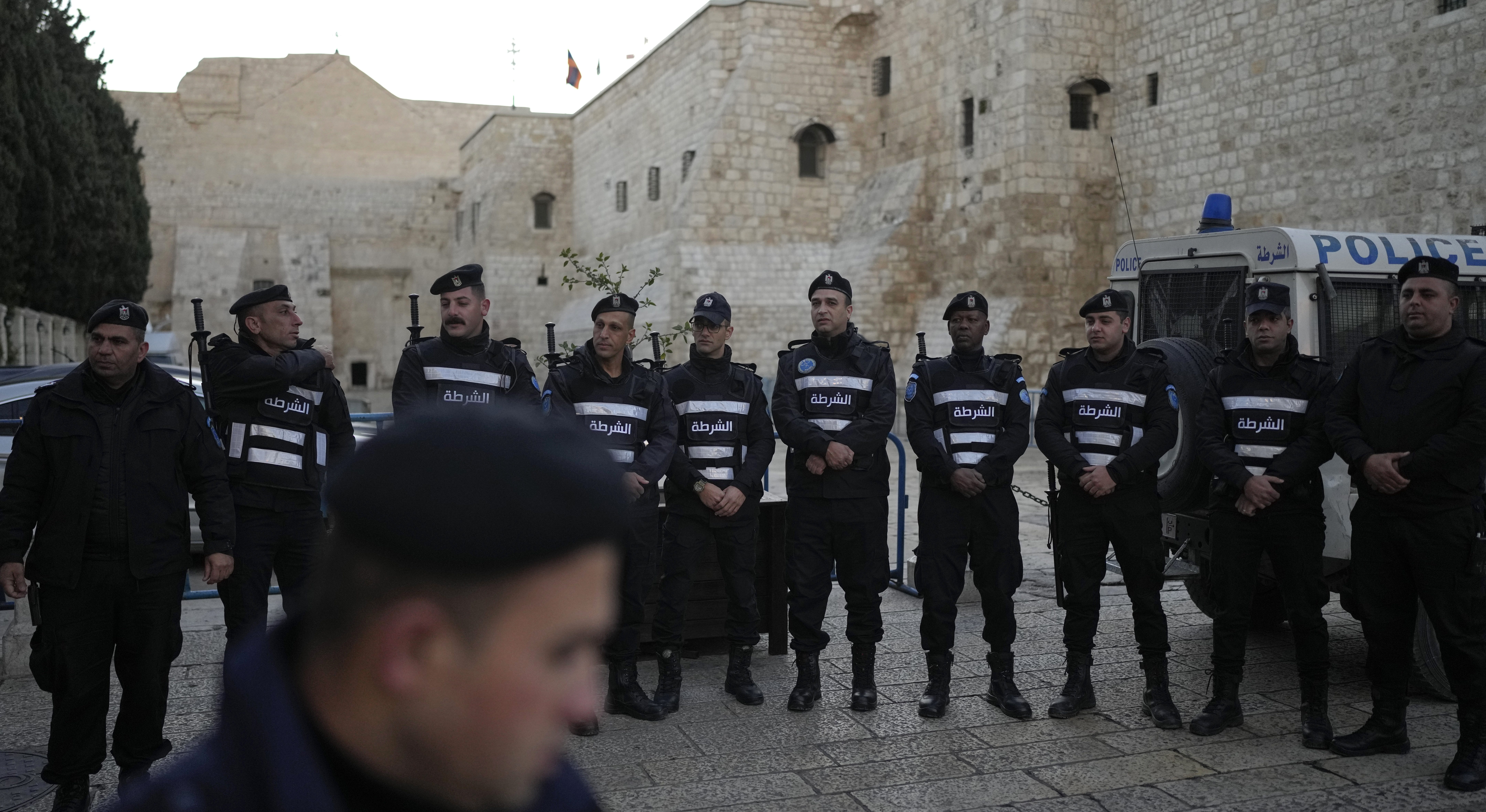
Leaders in a rural Texas county held a special meeting Thursday but drew back from the drastic option of shutting their public library system rather than heeding a federal judge's order to return books to the shelves on themes ranging from teen sexuality and gender to bigotry and race.
Following public comments both for and against a possible shutdown, the Llano County Commissioners Court decided to remove consideration of a possible closure from the agenda, assuring its three libraries remain open.
“We will try this in the courts, not through social media or through news media,” said Llano County Judge Ron Cunningham, who presides over the commissioners court and is one of the defendants in a lawsuit filed a year ago by library patrons.
The struggle in Llano County, home to about 20,000 people in the Texas hill country outside of Austin, reflects an explosion of attempts in recent years to ban books around the U.S. amid escalating cultural wars.
Get Tri-state area news delivered to your inbox.> Sign up for NBC New York's News Headlines newsletter.
The special meeting was called after U.S. District Judge Robert Pitman granted a temporary injunction last month that ordered almost 20 books be returned to library shelves.
Deborah Caldwell-Stone, director of the American Library Association’s Office for Intellectual Freedom, said this was the first incidence she was aware of in which officials moved to consider closing a system altogether.
Beginning in 2021, the lawsuit says, the defendants began using various tactics to keep certain books out of the hands of patrons, from moving children’s books they objected to into the adult section to temporarily suspending use of their digital library. The suit also said steps involved dissolving a previous library board and then packing it with appointees, including many of those who had been pressuring the system to ban books.
U.S. & World
The other defendants include the four county commissioners, the library system's current director and some new members of the library board.
One of the new library board members is Bonnie Wallace, who was among those speaking at Thursday's meeting. Wallace, who said there were over 200 additional books she thinks should be banned, was among those who read aloud explicit sex scenes from books they said were currently on the shelves.
“I am in favor of closing the libraries temporarily until we find a solution to the pornographic filth we do have,” Wallace said.
Resident James Arno, who supported keeping the libraries open, said parents can monitor what their children are reading without denying access to others.
“It’s not our job to burn this thing to the ground to prevent kids from reading what these people are reading,” said Arno, referring to explicit material read aloud at the meeting. “It’s the parents’ job to know what their kids are into.”
Caldwell-Stone said the books targeted in Llano County fit into trends they are seeing nationwide. “The demands that we’re seeing are to remove books that reflect the lives and experiences of LGBTQIA persons or reflect the lives and experiences of persons of color, in particular Black persons,” she said.
The books that were being kept off the shelf include “Caste: The Origins of Our Discontent” by Isabel Wilkerson, “They Called Themselves the K.K.K: The Birth of an American Terrorist Group,” by Susan Campbell Bartoletti, “In the Night Kitchen” by Maurice Sendak, “It’s Perfectly Normal: Changing Bodies, Growing Up, Sex and Sexual Health” by Robie H. Harris and “Being Jazz: My Life as a (Transgender) Teen" by Jazz Jennings.
Others were picture books for children including “Larry the Farting Leprechaun” by Jane Bexley and “My Butt is So Noisy!” by Dawn McMillan.
“These are books that we have found over the years appeal particularly to young male readers and are really great tools for encouraging early literacy and a love of reading,” Caldwell-Stone said.
Over 1,200 challenges were compiled by the ALA last year, by far the most since the association began keeping data over 20 years ago. The 2022 number was nearly double the then-record total for 2021.
The uproar in Llano County has drawn interest from notable conservatives. The attorney representing the county is Jonathan Mitchell, an architect of a Texas anti-abortion law in 2021 that was briefly the strictest in the country before the Supreme Court overturned Roe v. Wade.
Mitchell, who has appealed the judge's order in the library case, argued in a recent filing that the plaintiffs' claims that their First Amendment rights were violated “cannot get off the ground” because the books were currently available to check out through the library's “in-house” system.
But the judge wrote in his order that books hidden in a back room and absent from the catalog wouldn't be within reach of the public.
“This is, of course, an obvious and intentional effort by Defendants to make it difficult if not impossible to access the materials Plaintiffs seek,” Pitman wrote.



